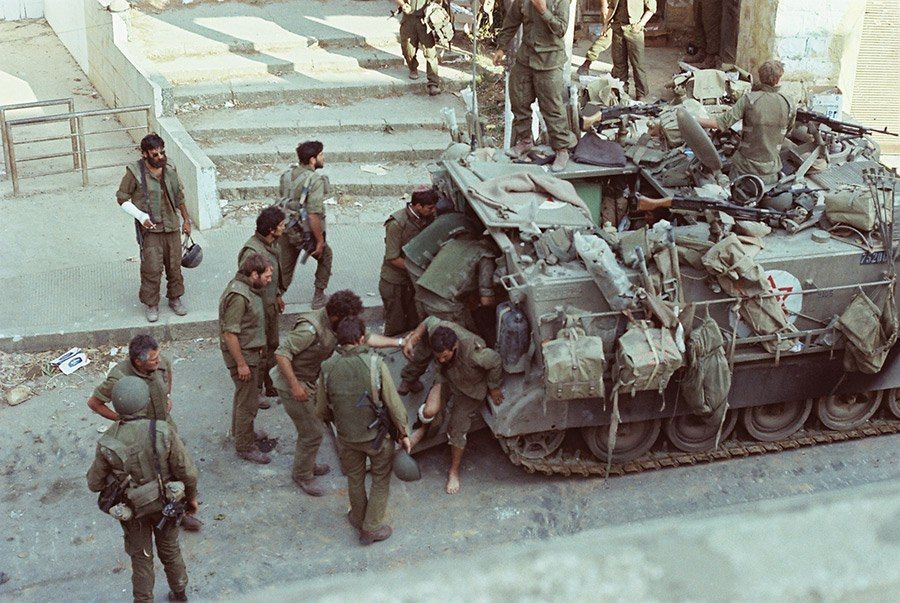Lebanon’s civil defense forces, led by veteran responder Mohamed Arkadan, faced one of their most devastating challenges when Israeli airstrikes hit apartment buildings near Sidon, burying over 100 people under rubble. Arkadan’s team, despite years of experience in conflict zones, was shocked by the scale of the destruction. Lacking modern equipment and resources, the team rescued 60 survivors but could only recover the bodies of 40 victims, including children, using outdated tools and minimal protection.
Lebanon, already crippled by a severe economic crisis since 2019 and the 2020 Beirut port explosion, is struggling to provide even basic services. The civil defense forces, facing shortages in uniforms, firetrucks, and rescue tools, are stretched beyond capacity. The country’s political stalemate, with no president or fully functioning government for over two years, has only exacerbated the crisis.
Israel’s intensified air campaign against Hezbollah has inflicted significant damage, with over 1,000 Lebanese casualties, including hundreds of women and children, since mid-September. On Wednesday, Israeli strikes targeted a Hezbollah-affiliated Islamic rescue center in southern Lebanon, killing six medics and destroying the building. Lebanon’s Health Ministry reported that over 40 medical workers have been killed since the strikes began.
As Israeli forces continue their bombardment, more than 250 first responders have been mobilized to help Arkadan’s team. However, they face dire logistical challenges, using basic tools like scissors, cables, and shovels to rescue those trapped under debris. The humanitarian situation is dire, with Lebanon’s healthcare system buckling under the strain. Over 30 primary health centers have closed, and hospitals in southern Lebanon are overwhelmed by an influx of wounded civilians.
In the city of Tyre, only five of 35 doctors remain to care for patients, and eight medics have been killed in recent days. More than 8,000 people have sought refuge in the city, but with limited resources, government shelters are full, and basic supplies are running out. Municipal workers have been reduced to a skeleton crew, and garbage piles up on the streets as bombings prevent normal operations.
Meanwhile, in Nabatiyeh province, civil defense teams work around the clock, hindered by a lack of protective gear and modern vehicles. Many rescue vehicles have been destroyed in the bombings, and first responders are limiting their operations to residential areas, avoiding forests or open spaces where they previously fought fires. Despite the challenges, responders like Hosein Faqih vow to continue their efforts, believing their work is the only safety net for the population.
As Israeli strikes intensify, fears of further humanitarian catastrophe loom large. Rescue teams are doing what they can with what little they have, but the growing destruction threatens to overwhelm the nation’s already fragile systems. Thousands of civilians remain displaced, with many living on the streets or in makeshift shelters, uncertain of when or if the violence will subside.
The United Nations has allocated $24 million in emergency funding for Lebanon, but with no immediate end to the conflict in sight, the country’s future remains uncertain as the devastation mounts.



